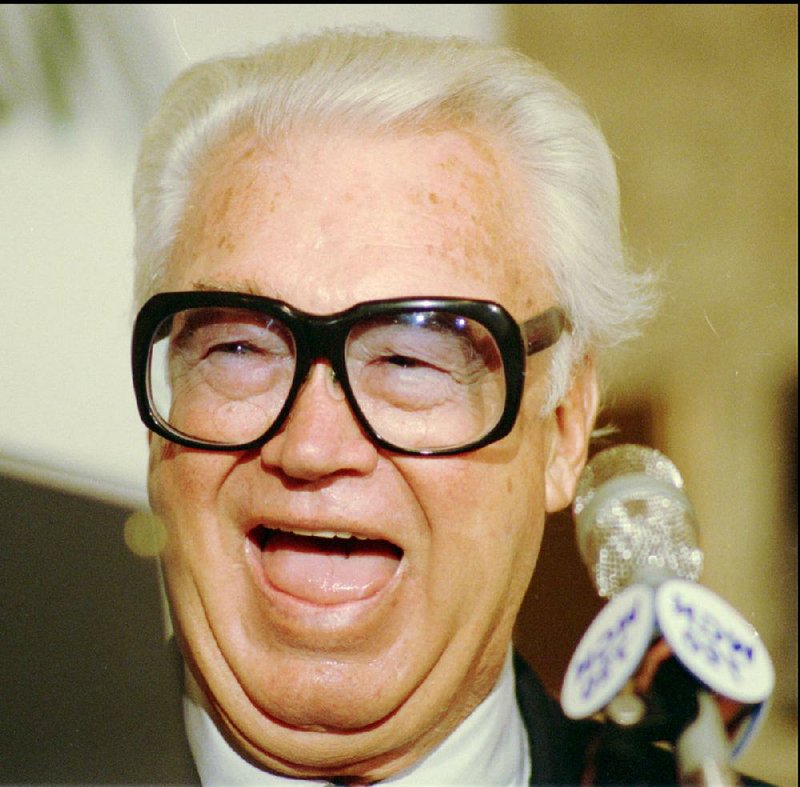Interjections are the loners, the outcasts, the rebels of the grammar world.
They usually stand alone.
Interjections are those words you utter -- or write -- to express emotions. They're often followed by their wingmen, exclamation points. A sentence can be understood without its interjection, but the interjection sets the tone.
Everyone knows dozens of interjections: aha, boo, eek, rats, whoa, oh my.
Yikes! Your nose is cold.
Ouch! How many times am I going to walk into that chair leg?
Yuck! Are you seriously putting ketchup on spaghetti? (I have uttered those words in a pained tone.)
Yippee! I finished The New York Times Sunday crossword puzzle all by myself! (Sadly, I have never said those words.)
On a Canadian website, "eh" is listed as an interjection:
That elephant ear is nice and flaky, eh?
Some interjections are associated with characters or people.
"D'oh!" Homer Simpson says when he or others do dumb things.
"Holy cow!" N.Y. Yankees announcer Phil Rizzuto would often say about baseball plays. Longtime Chicago Cubs announcer Harry Caray used that one, too. I'm not sure who started it. (Supposedly when Caray briefly worked for the Oakland Athletics, owner Charles O. Finley wanted him to say "holy mule," in deference to the team's mascot. It just doesn't have the same ring to it.)
"Fiddle-dee-dee!" is what Scarlett O'Hara of Gone With the Wind would utter when she was exasperated by the world around her.
"Bazinga!" Big Bang Theory character Sheldon Cooper uses this when he pulls some prank on his friends.
"Bah, humbug!" is what Ebenezer Scrooge of A Christmas Carol had to say about holiday joviality.
I will forever associate "good grief" with cartoon character Charlie Brown.
Some interjections are cleaned-up versions of other words.
"Cripes" and "crikey" are tamer words for "Christ."
"Phooey" may be a nice way of saying an expletive that starts with "f."
Some interjections come and go. Some old-fashioned ones:
"Hubba-hubba" may be heard when an onlooker sees a good-looking person.
"Gee whiz," "golly" and "jeepers" are used for dismay.
"By gum," which shows surprise or determination, is somewhat dated, too.
"Cowabunga," which means "cool," has stayed around for a couple of decades.
Word maven John B. Bremner wrote that some grammarians don't think interjections deserve to be their own part of speech. Bremner thought they should fit into the adverb category. I'm afraid I can't understand why. I will see whether I can learn more.
When I was in graduate school, I learned about a legal phrase called an "excited utterance." When someone has been through a stressful event and makes a statement while still under the strain of the event, that statement can be used as evidence in court.
I would prefer that interjections be called "excited utterances," but I'm not the boss.
SHROUDED BY WORDS
The Washington Post reported a while back that the American League of Lobbyists decided to change its name to omit the word "lobbyists."
The website of the organization, now called the Association of Government Relations Professionals, says the group decided it was time to rebrand, or create a new image.
But it said the change is merely to "more accurately represent the range of associated professions involved in the government relations, lobbying, and public affairs community."
The word lobbyist just doesn't cover it all, the site indicates.
I have been trying to think of a job that can similarly obscure itself with a new name. Maybe demolition crews can call themselves "space-makers." House painters could be "surface-replenishment specialists." Junkyard owners could be "found-object compilers."
Sources: Washington Post, ilcenacolosf.org, M-W.com, dailywritingtips.com, Words on Words by John B. Bremner, homes.chass.utoronto.ca
Reach Bernadette at
bkwordmonger@gmail.com
ActiveStyle on 10/30/2017
